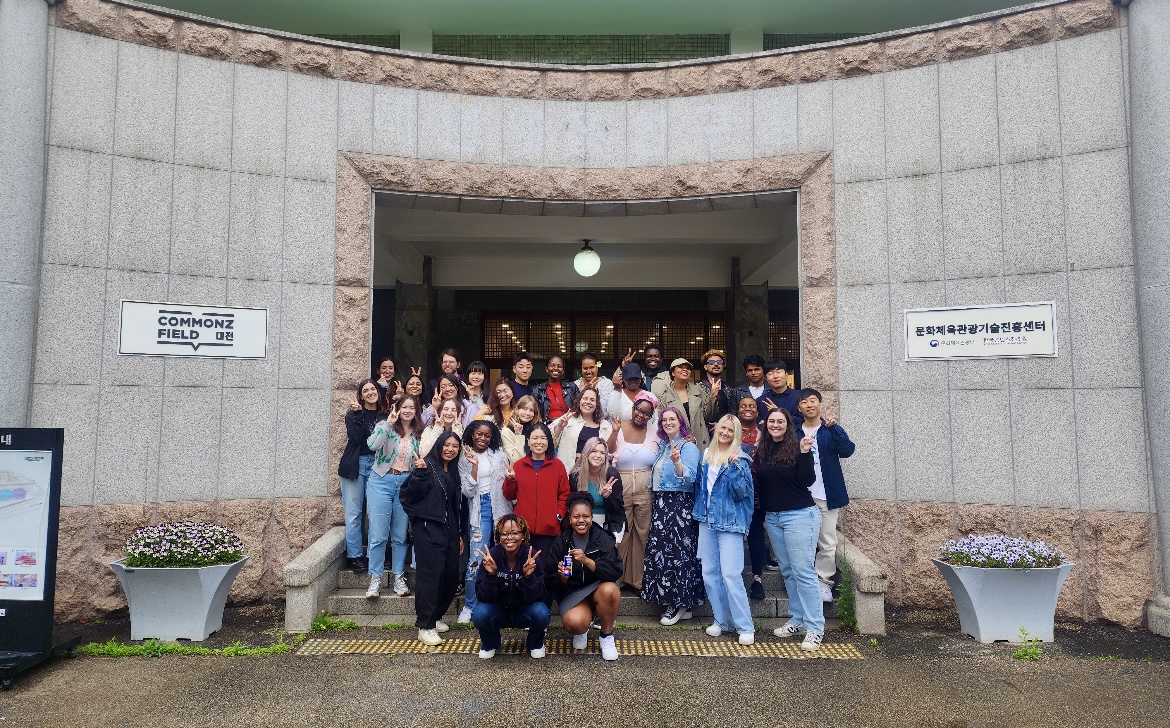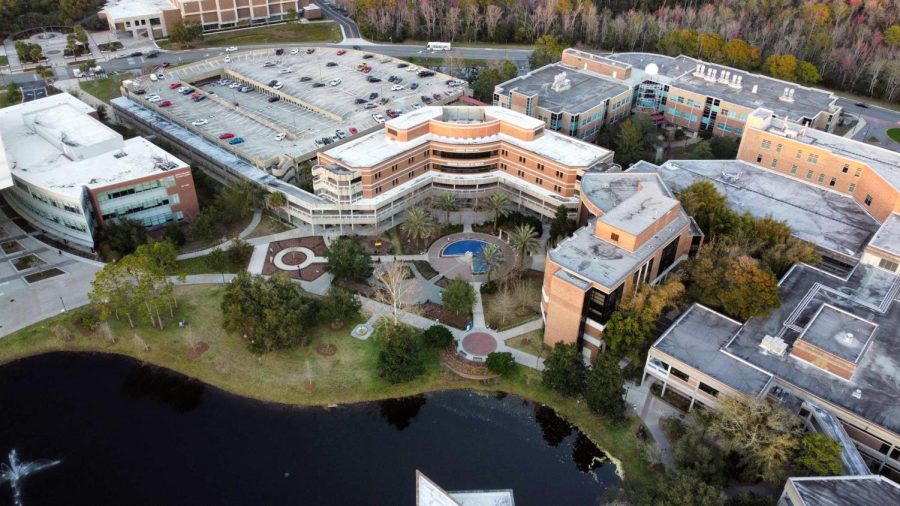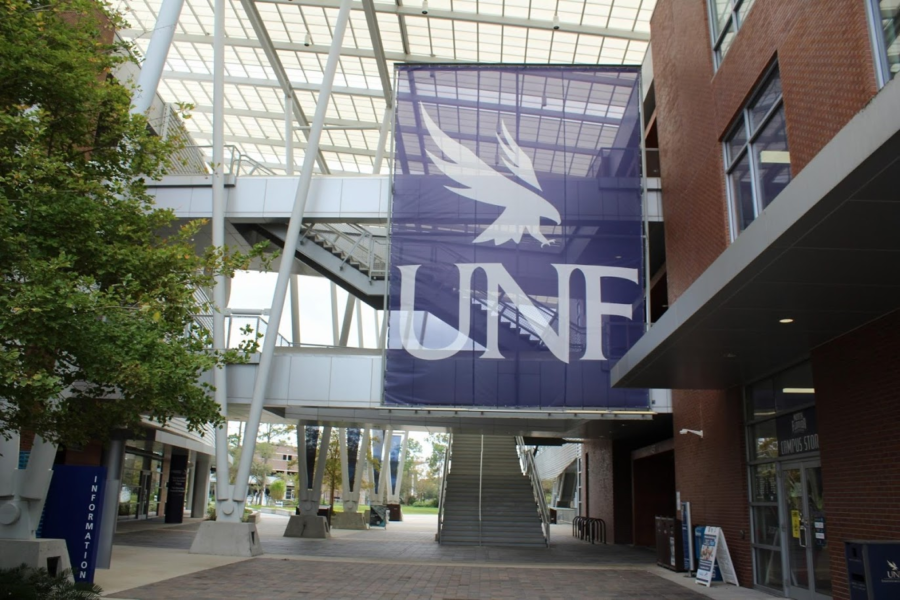While everyone has experienced changes within the past year due to the coronavirus pandemic, college students have been significantly challenged, having to adjust to remote learning and an utterly foreign college experience. Based on your location and your individual state’s COVID-19 legislations, your 2020-2021 college experience can vary greatly. To truly see just how different things are across the country, Spinnaker spoke with students from schools all over the U.S. to get their take on the COVID-college experience.
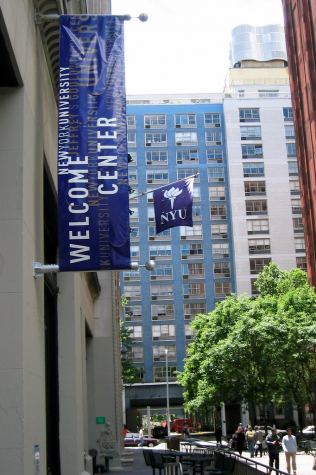
New York – NYU
In larger states like New York where COVID-19 cases are continuing to increase, strict regulations have been established, restricting businesses and social activities. Masks are now required in all public spaces, social gatherings can’t exceed ten guests, indoor dining has been eliminated, and all bars and restaurants must close at 10 pm in adherence to a statewide curfew.
This, as a result, has impacted the lives of students attending schools like New York University. Maggie McNabb, a freshman at NYU’s TISH Drama program, described how seriously NYU had taken the coronavirus pandemic.
“You have to wear a mask everywhere.” said McNabb, “Even if your neighbor is without a mask outside their door, they are put on probation.”
The university is so strict on enforcing masks, it even encourages students to report those not following the rules through an anonymous tip service. This resulted in over 20 students being suspended for violating COVID regulations early in the first semester.
In addition to a strictly enforced mask policy, NYU also put all 2020 fall semester classes online and made all campus dining options take-out only. Unfortunately for many students, being unable to meet other students and being discouraged from hanging out can have serious effects on their social lives.
“Socially, you have to pave your own way,” said McNabb describing the struggle to meet other students amidst the pandemic regulations.
However, out of struggle grows creativity and many have learned innovative ways to connect with others safely. For NYU students like Maggie, this can look like weekend dinners with 3-4 close friends, going to the Metropolitan Art Museum, park picnics, or renting bicycles.
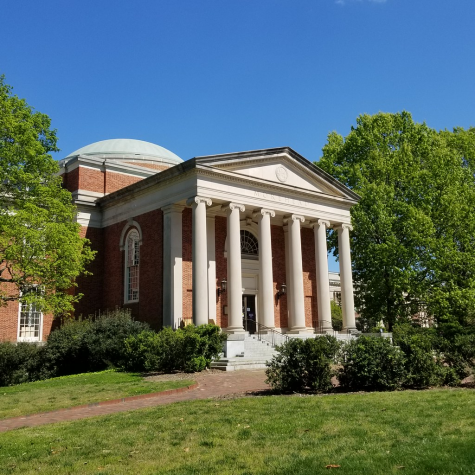
North Carolina – University of North Carolina at Chapel Hill
The University of North Carolina at Chapel Hill made headlines in August of 2020 for being one of the first Universities to completely shift to online classes following a surge of COVID cases. “Everything was promptly moved online,” said Nicholas Riddles, a sophomore at UNC-Chapel Hill who witnessed the university’s earliest response to COVID in March 2020.
Despite enacting a campus-wide mask mandate, according to Riddles, wearing a mask isn’t consistently enforced. “I’d say on average three out of every five people on campus wear masks,” said Riddles, “because of that, you still see ‘clusters’ of cases.”
To avoid potential exposure to these “clusters” on campus, many students like Nicholas have opted to live off-campus in nearby apartments. However, this too can have its potential downsides. With all classes being remote or online, many students can find themselves staying isolated in their apartments, only leaving for essential trips like groceries or work.
According to Nicholas, the best way for students to stay connected is to find enjoyment in some of the simpler things like ordering takeout and watching tv with a few friends.
“You have to find ways to make normal things an event,” said Riddles.
Though things are not expected to change much for next semester, Nicholas and other students remain hopeful that the arrival of the vaccine will help improve situations on campus and return things closer to normal.
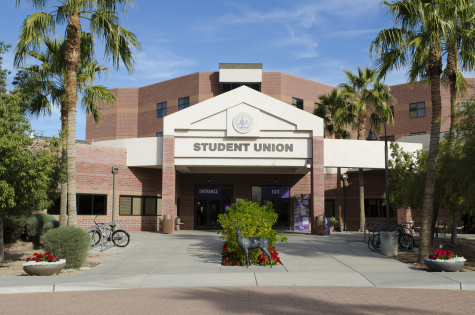
Arizona – Grand Canyon University
Upperclassmen in the final years of classes have a significantly different experience than those only in their first or second year. Rebecca Lambert, a senior at Grand Canyon University majoring in athletic training, has all in-person classes consisting of around 22 people.
“We follow the nursing school procedures for classes,” said Lambert, “We have to wear masks and stay socially distanced.”
Because Rebecca lives off-campus, before arriving on campus for classes, she must fill out a health questionnaire, documenting any potential symptoms or exposure.
Outside of campus, life in Arizona is significantly less restricted than some of the other places previously mentioned. Masks are not mandated and only required when entering stores.
“We all just try to follow state guidelines,” said Lambert “they haven’t really changed since July.”
As of January 2021, Arizona has no travel restrictions or testing requirements.

Missouri – Southeast Missouri State University
According to Natalie Williams, a freshman at Southeast Missouri State University (SEMO), when it comes to handling COVID-19, “Missouri has kinda done a terrible job, but SEMO has done great!”
While statewide covid restrictions in Missouri consist of minor policies like mask mandates based on county and limits on social gatherings, Williams states that these policies were strictly enforced on campus.
“If you were on campus, you were wearing a mask,” said Williams.
Like The University of North Florida, classes at SEMO vary based on size and importance between in-person, remote, and completely online classes. As an acting major, most of Natalie’s classes are in-person, but students are given strict social distancing guidelines and no forms of contact were allowed. Additionally, all acting showcases initially canceled were rescheduled and live-streamed for viewer enjoyment.
On-campus dining locations remained open and, due to other social gatherings restrictions, have become dominant hot spots for social activity. “In the time of COVID, going out to eat is how you make a friendship.” described Williams.
According to Natalie, life in the dorms is one area that hasn’t been drastically affected by COVID. “People are in your business more,” said Williams, “but it’s just to keep us all safe.”
According to Williams, one thing SEMO has done exceptionally well is providing students with fun socially distanced activities like outdoor tie-dye events, movies on the lawn, and even a Harry Potter-themed game night. To keep these events safe, attendance was by registration only and capped at around 50 guests who were then required to maintain social distance.
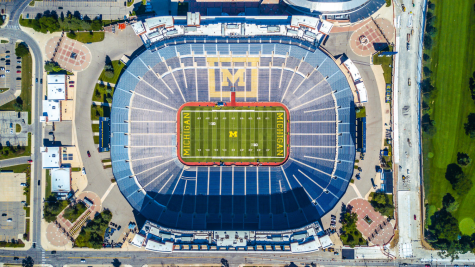
Michigan – University of Michigan
Compared to other states, the state of Michigan has been infamous for its rigid COVID restrictions, and the University of Michigan is no different.
Jack Sippell, a sophomore at the University of Michigan, described how quickly COVID had altered his college experience.
“Things are really strict at Michigan,” said Sippell, “most everything is online except for absolutely necessary in-person classes.”
Campus dining options have remained open but only for takeout. “There was a crazy long line out in the street when it started, but it has gotten better since then,” said Sippell.
Contrary to other schools, life in the dorms on campus for students at Michigan has been significantly changed.
“Life in the dorm seems pretty lame,” said Sippell, who lives off-campus in nearby apartments. He described how strictly enforced the rules were in freshman housing, outlawing all guests and endorsing mask usage.
As a result of drastic increases in cases, the university recently restricted those living on campus, strongly encouraging all undergraduates to seek alternative housing or return home.
At times, the number of cases got so high that they required additional COVID regulation. At the end of October 2020, local health authorities issued an emergency stay-at-home order for all undergraduate students. This new mandate instructed that students were only permitted to leave for “essential trips,” going to class, getting food, or working. This order remained in place for two weeks.
For students like Jack, learning to adjust and relying on routine are necessary to achieve a sense of normalcy. “I go to class, eat, and work out in the apartment.” said Sippell, “there isn’t much more you can do besides that.”
Fortunately for University of Michigan students, the university is already establishing a program for student vaccines which will hopefully be available this upcoming semester.
As vaccinations continue to be created and distributed across the country, there is hope that the “college experience” will return to normal. In the meantime, it is the responsibility of students to prioritize their health and the health of their peers so that we can continue to prevent further spread.
More information about COVID-19, as well as the University of North Florida’s COVID regulations, can be found on the UNF website at https://www.unf.edu/coronavirus/.
Featured image courtesy of Maksim Goncharenok via Pexels.
____
For more information or news tips, or if you see an error in this story or have any compliments or concerns, contact editor@unfspinnaker.com.







